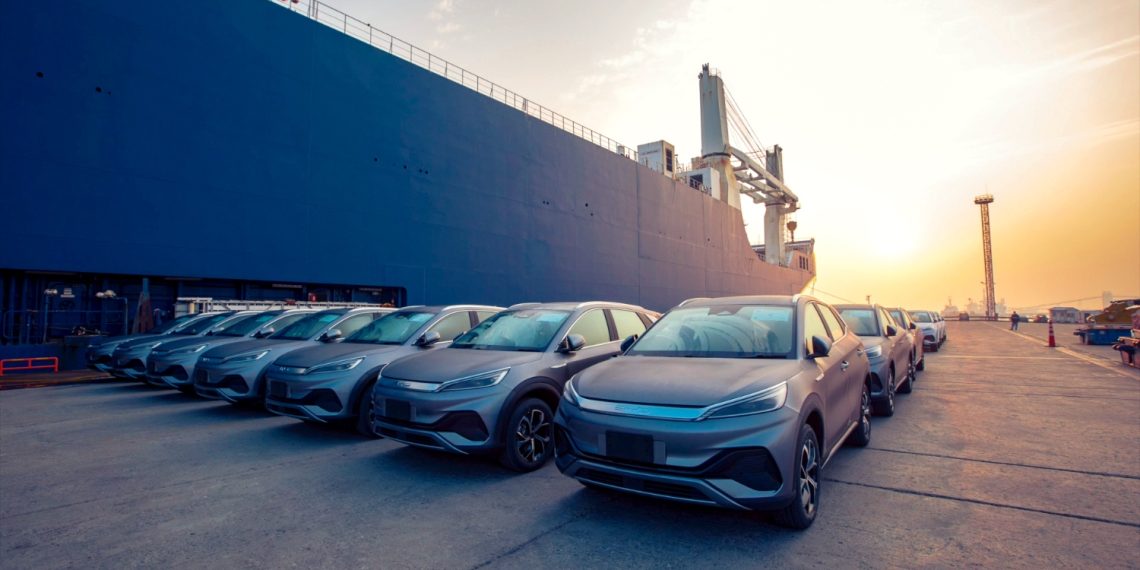Chinese electric vehicle manufacturers received at least €215.3 billion in government subsidies between 2009 and 2023, according to a study by the Center for Strategic and International Studies (CSIS).
The study was released shortly after the United States quadrupled customs duties on this type of vehicle to 100% and the European Commission (EC) announced additional rates of 21% on average following an investigation into Beijing’s support for Chinese electric vehicle manufacturers.
CSIS data indicates that part of this assistance was granted in the form of sales tax exemptions. The remaining support is divided between national discounts for buyers, government funding for infrastructure – mainly charging points -, research and development (R&D) programs for manufacturers, or vehicle purchases by government institutions.
The report also states that the funding totaled around €6.29 billion annually between 2009 and 2017, when the sector was still in its “embryonic phase,” ultimately tripling in value between 2018 and 2020 and increasing “substantially” again from 2021 onwards.
Scott Kennedy, CSIS analyst, pointed out that these estimates are “very conservative”, as they do not include local policies to incentivize the transition to electric vehicles, the low cost of electricity, or subsidies offered to other parts of the supply chain, such as mining and battery producers.
It should be noted that the action by the European Union was motivated by the rapid growth of Chinese automobiles, especially electric vehicles, imported into Europe. The European Union saw imports from Chinese brands increase from 1 percent in 2019 to 8 percent in 2022 and warns that they could reach 15 percent by 2025.










